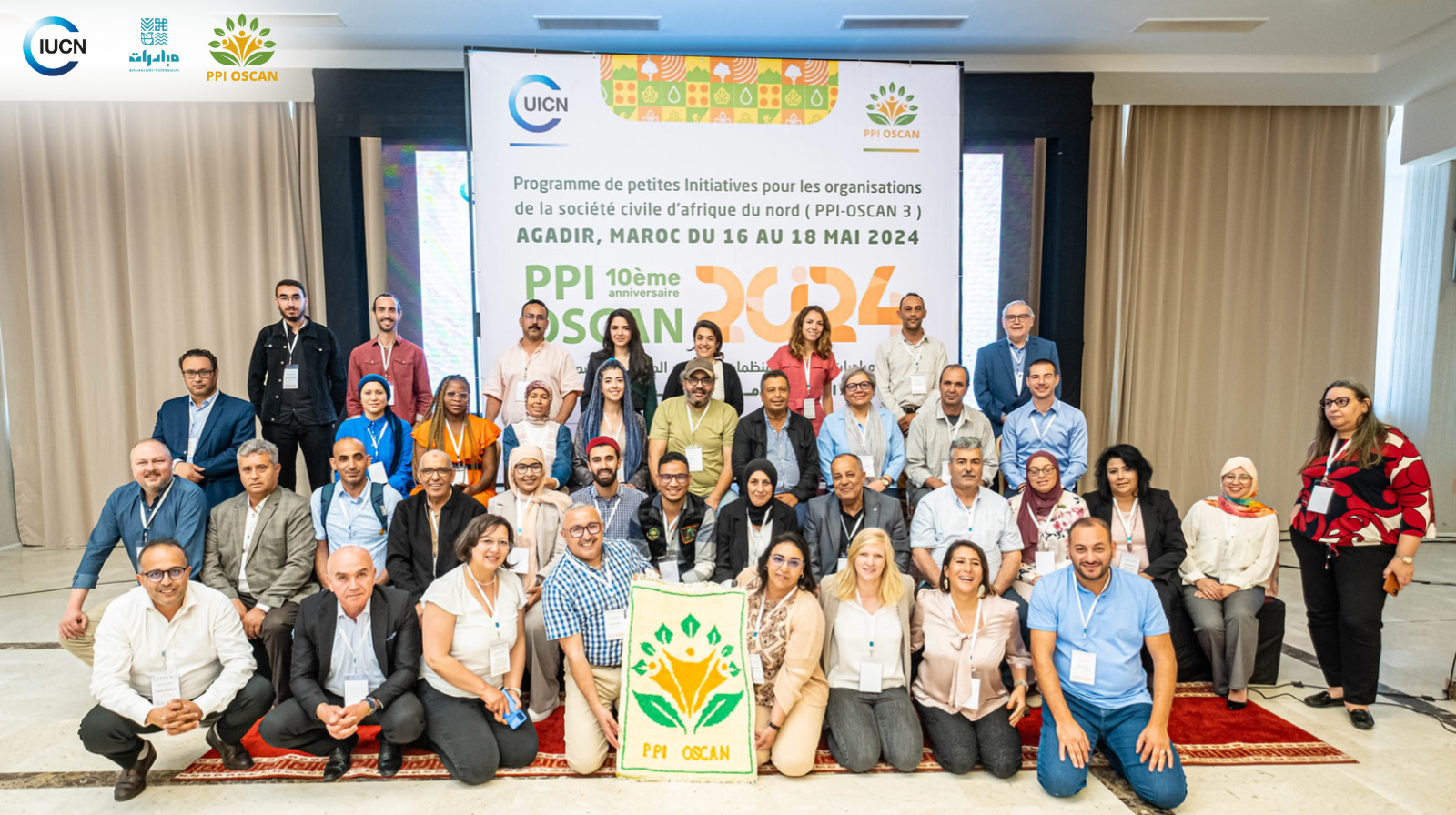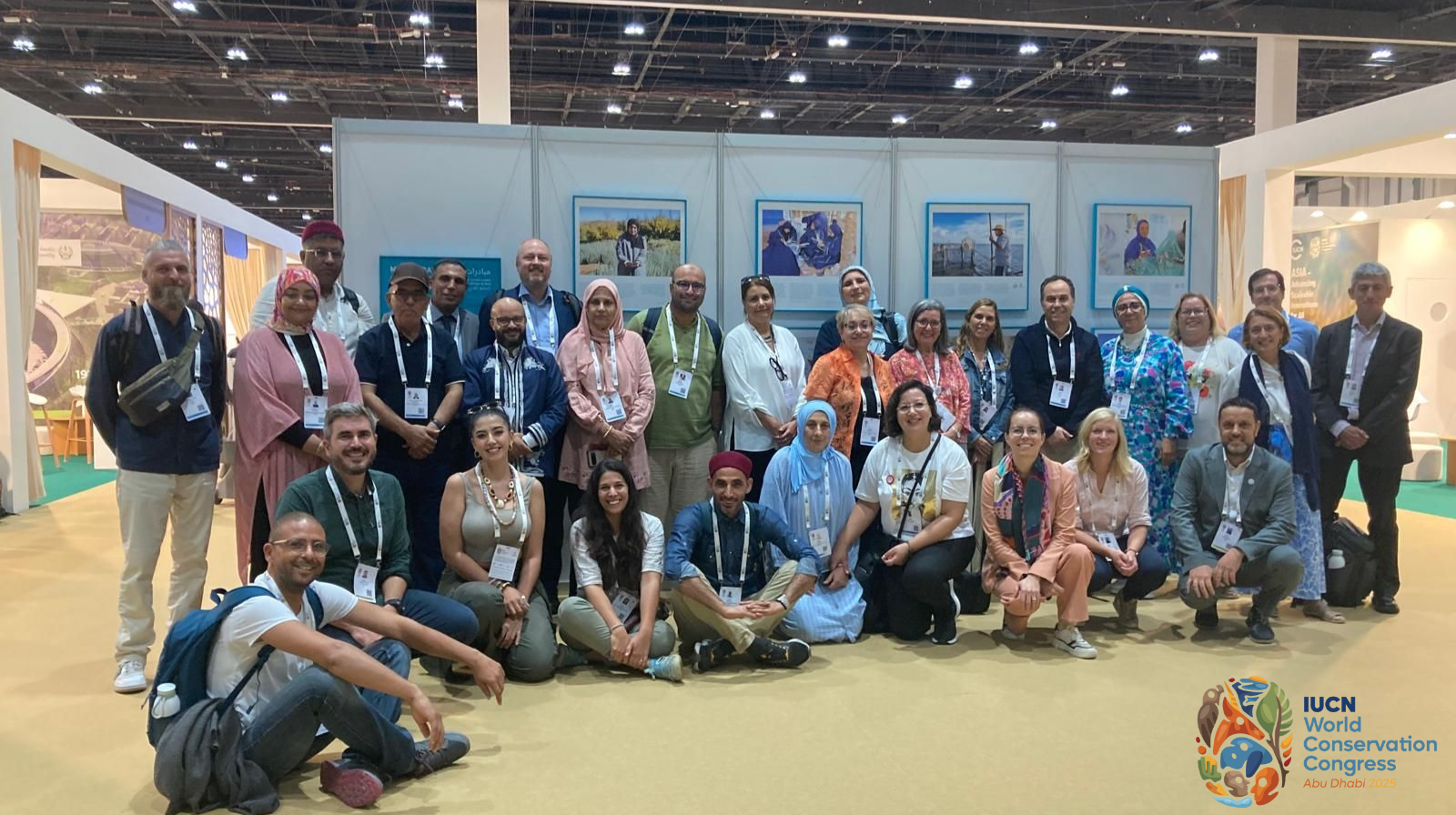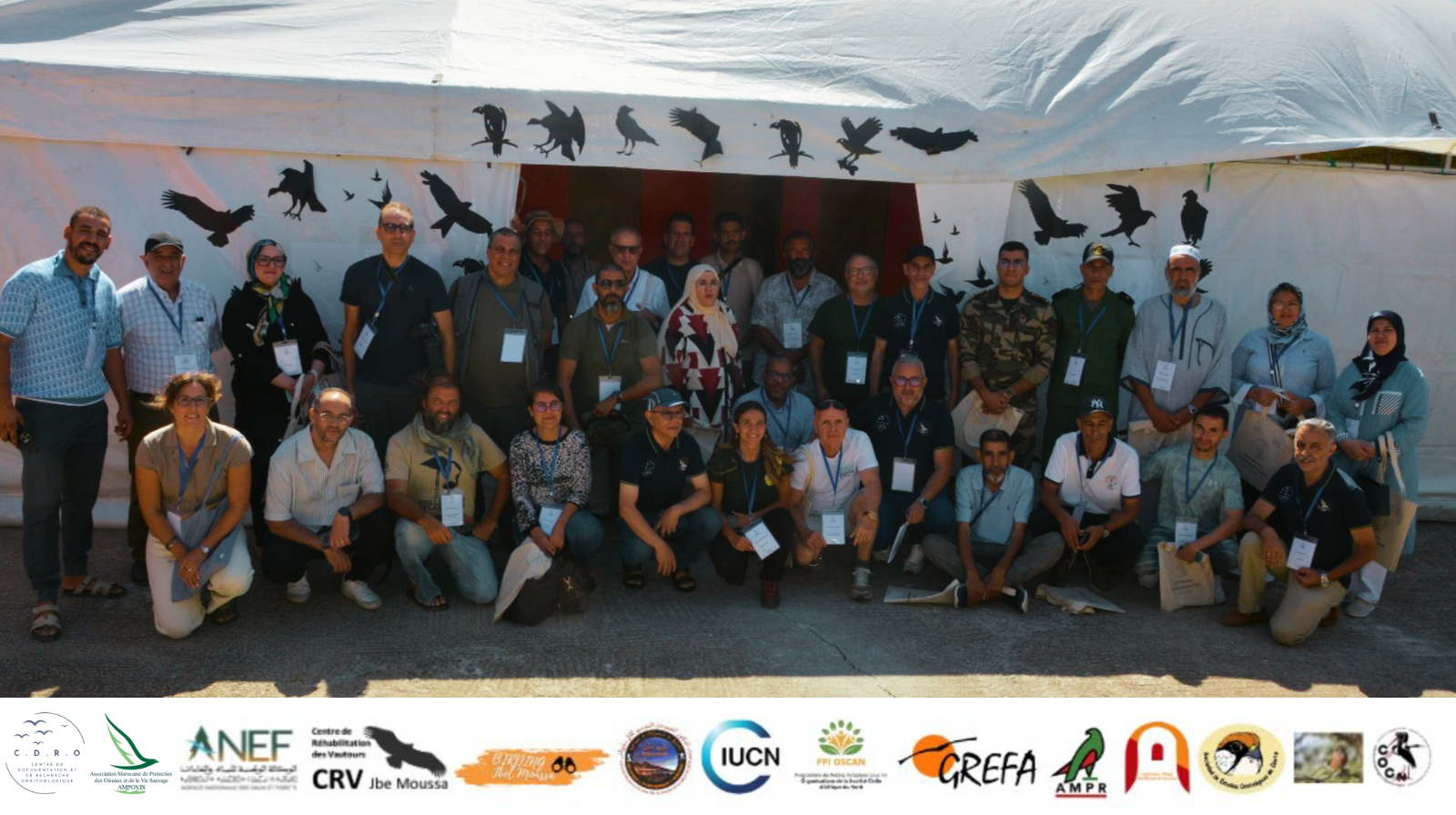The Libyan Marine Biology Association is a non-profit organization dedicated to studying and preserving marine and coastal ecosystems, the NGO is one of the beneficiaries of Mubadarat PPI-OSCAN 3 (coordinated by IUCN-Med, funded by FFEM, MAVA Foundation, and the Sigrid Rausing Trust) . The association combines scientific research, community outreach, and advocacy to protect biodiversity, combat invasive species, and promote sustainable practices. Through its mission, the organization seeks to empower local communities and foster long-term environmental stewardship.
The Wetlands Data base in Libya

Libya is home to over 220 wetlands, including key sites such as Umm Arizam, Umm Hufayn, and Umm Quramme. These ecosystems are not only reservoirs of biodiversity but also provide crucial ecological services such as water purification, flood control, and carbon storage. Despite their importance, wetlands in Libya remain largely undocumented and unprotected.
To address this gap, the Wetlands Database in Libya project aims to document and assess the ecological status of two major wetland sites, using a science-based approach and local engagement. The ultimate goal is to build a foundational national database that supports conservation planning and decision-making.
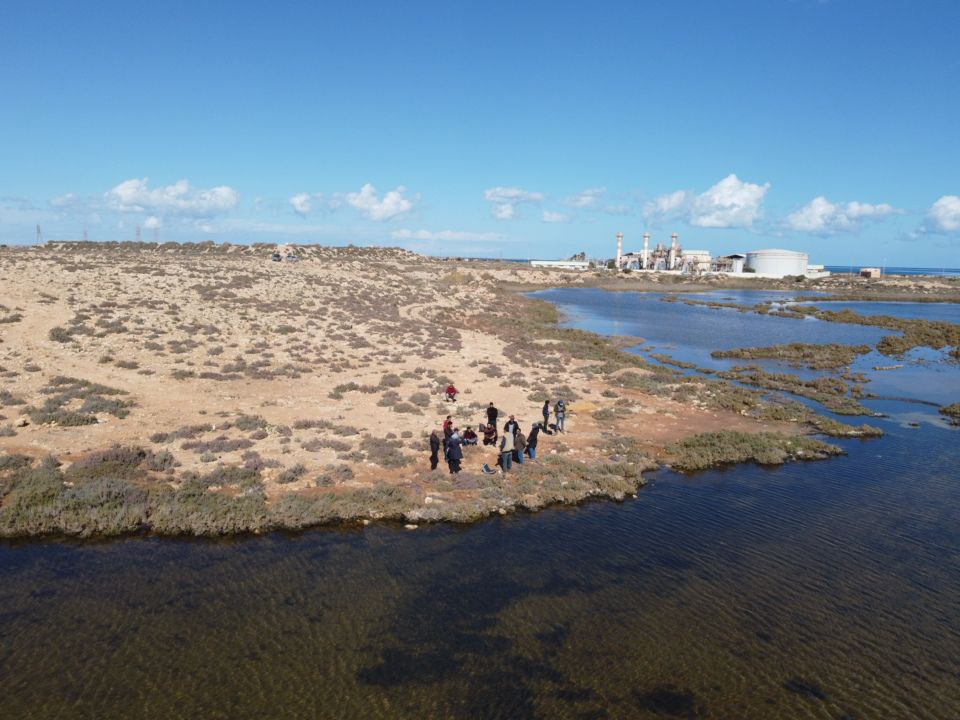
Key Activities
- Field Surveys and Biodiversity Documentation
The team conducted comprehensive fieldwork to collect ecological data on 2 selected wetlands, focusing on biodiversity indices and ecosystem health indicators. - GIS and Remote Sensing Analysis
Using Geographic Information Systems (GIS), the project generated detailed environmental maps and site-specific data layers that form the basis of the wetland database. - Community Engagement and Awareness
Local communities and fishers were involved in discussion sessions on the importance of wetland conservation. These sessions helped bridge scientific knowledge with traditional ecological wisdom. - Scientific Reporting and Recommendations
A set of evidence-based recommendations for the protection of the two wetlands was developed and compiled into technical reports targeting policymakers and environmental institutions.
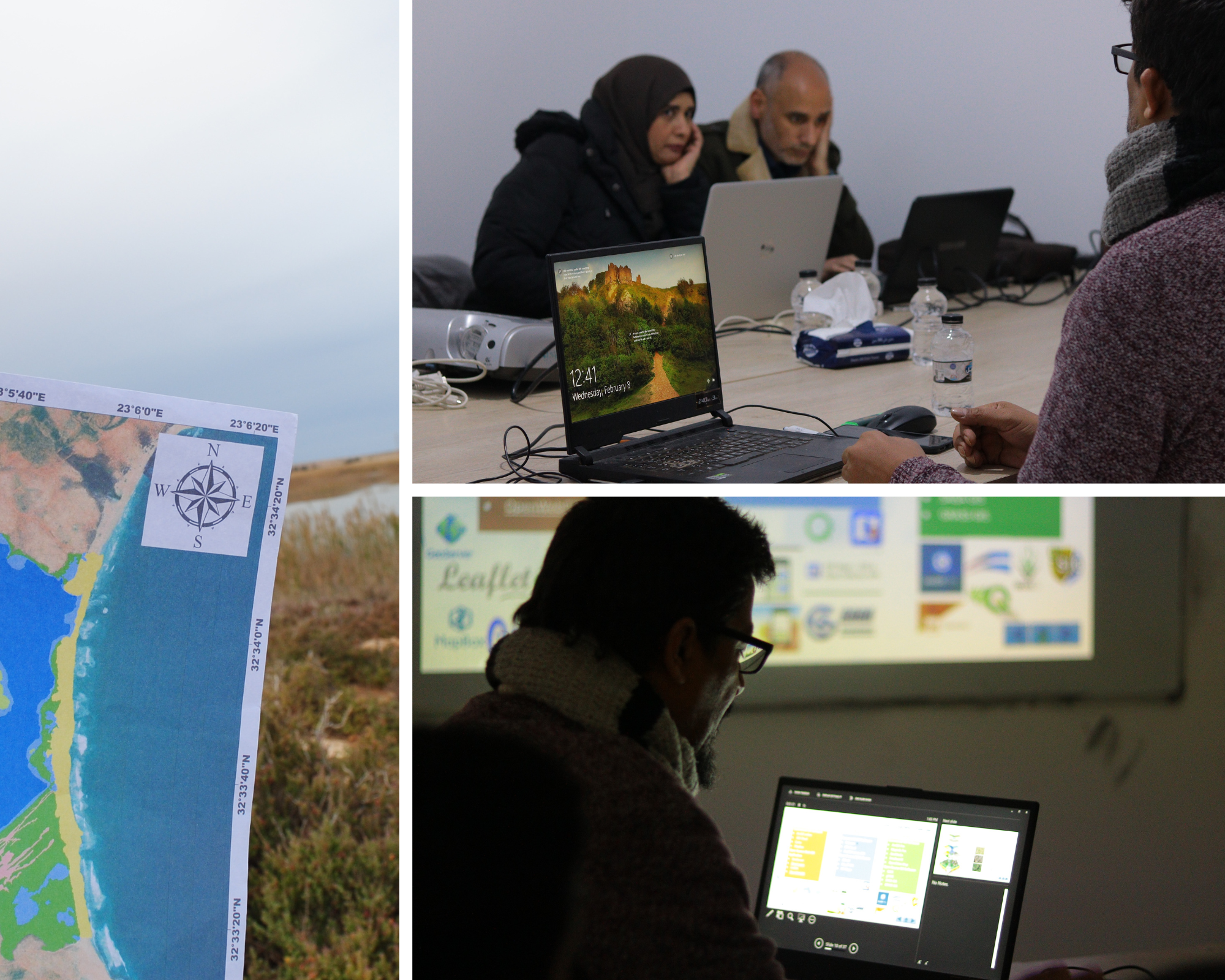
Key Achievements
- Documented Two Wetland Sites
For the first time, detailed scientific assessments of two Libyan wetlands were completed, using modern tools including satellite imagery and remote sensing. - Launched the Wetlands Database Platform
The initial version of a national-level database for Libyan wetlands has been prepared, setting the stage for future data integration and analysis. - Reached Over 100 Local Participants
Community engagement activities reached over 100 individuals, raising awareness about the ecological importance and vulnerability of wetlands. - Capacity Building for Environmental CSOs
3 NGO , and Omar Almuktar university , and members from Environmental ministry office were trained in wetland monitoring protocols, ensuring broader ownership and continuity of monitoring efforts.
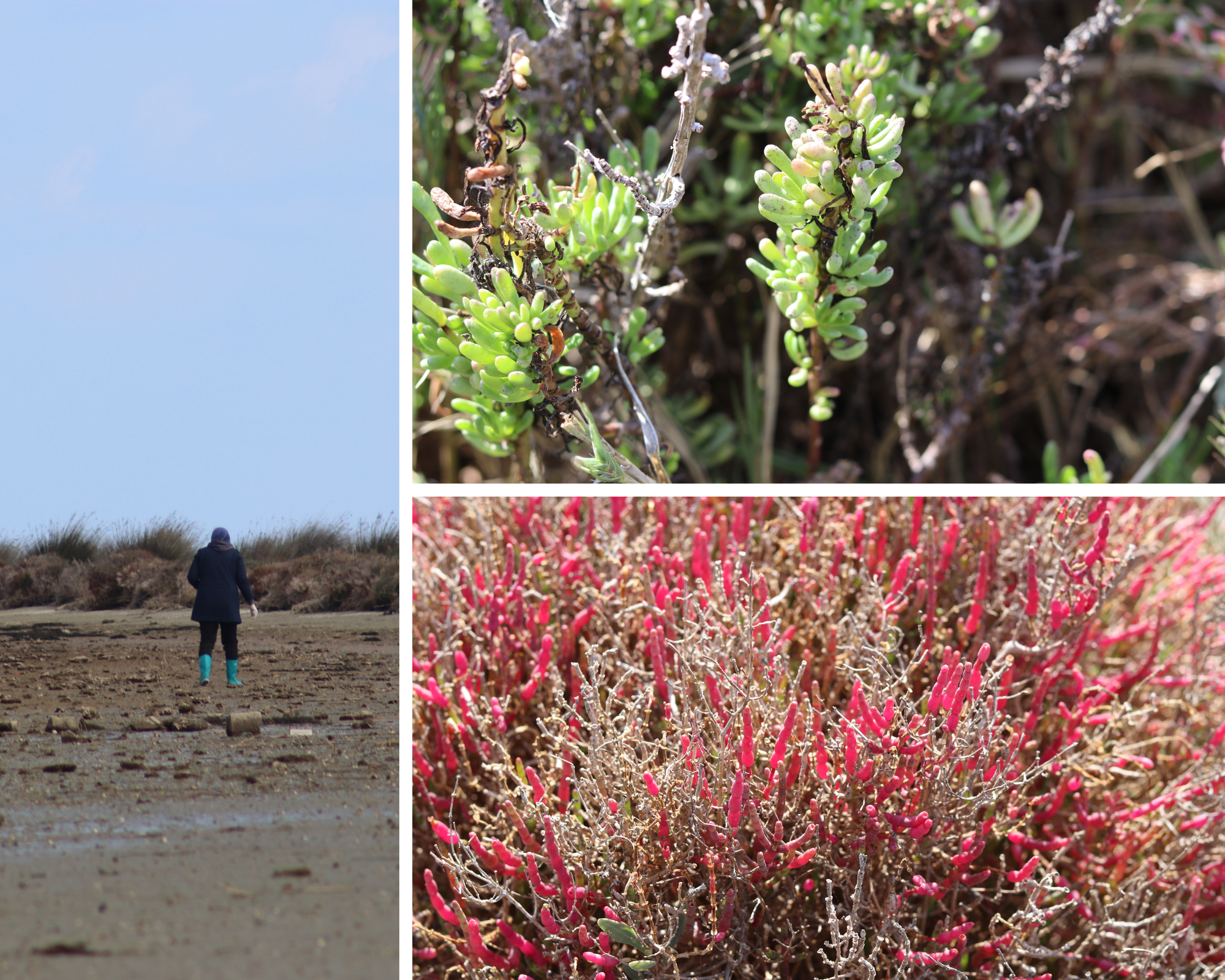
Challenges and Lessons Learned
The project faced several challenges, notably the scarcity of baseline data on Libyan wetlands, which necessitated extensive fieldwork and the use of remote sensing to establish a scientific foundation. Logistical barriers, such as difficult terrain and limited infrastructure, complicated site access and data collection, but were overcome through strong collaboration with local communities and authorities. Additionally, low public awareness about the importance of wetlands required targeted outreach efforts, which successfully shifted community perceptions. Key lessons from the project highlight the critical role of community partnerships in ensuring long-term conservation, the value of modern technologies like GIS in improving research accuracy, and the potential for small, well-documented initiatives to evolve into scalable and sustainable models.
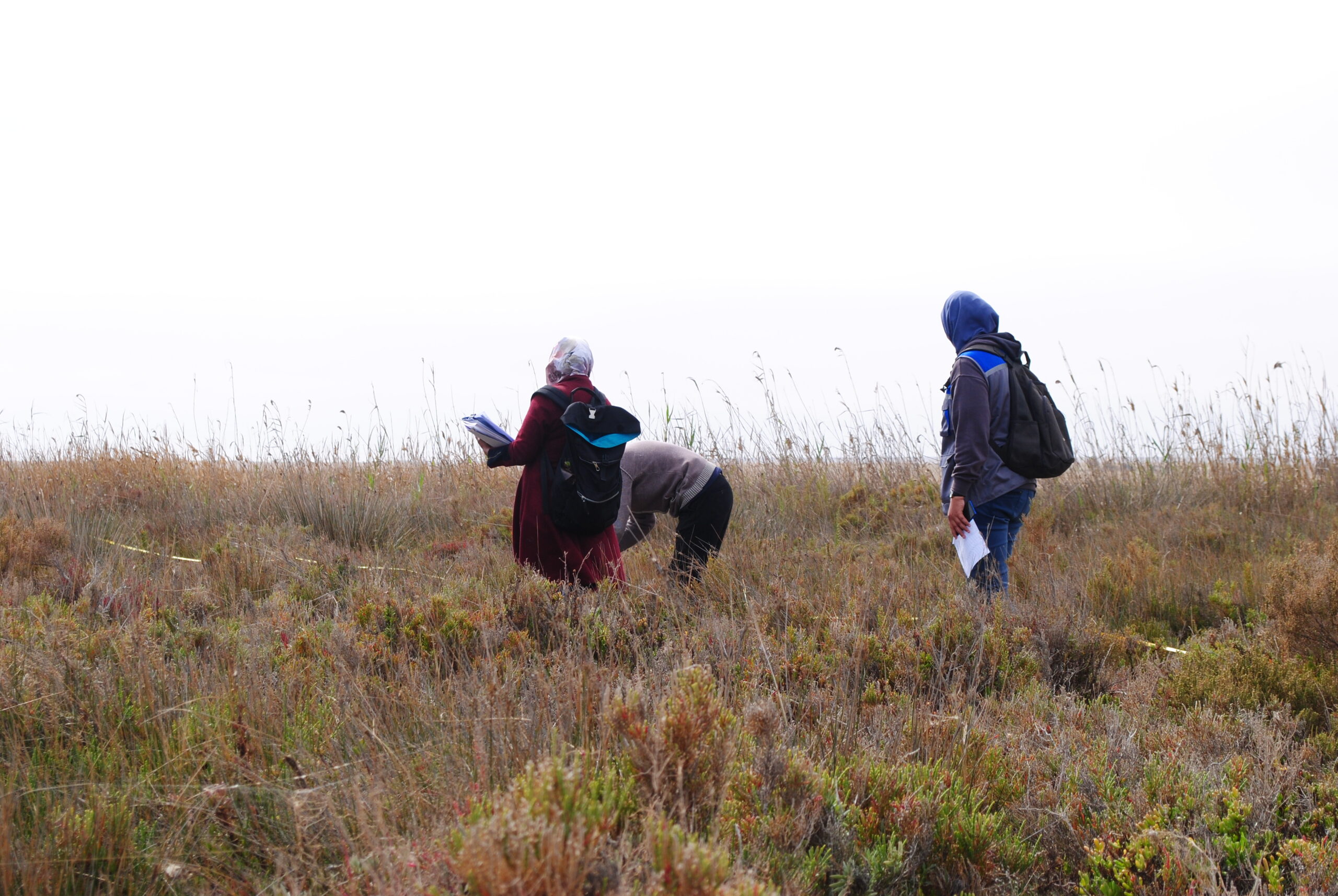
Next Steps and Sustainability Plan
- Expanding the Database
The project plans to include additional wetland sites in the national database, strengthening conservation planning nationwide. - Policy Recommendations and Advocacy
Evidence-based recommendations will be presented to national stakeholders to advocate for legal protection and recognition of the studied wetlands. - Training and Workshops
Further training sessions will be held with local fishers and environmental actors to strengthen their capacity in wetland monitoring and protection.
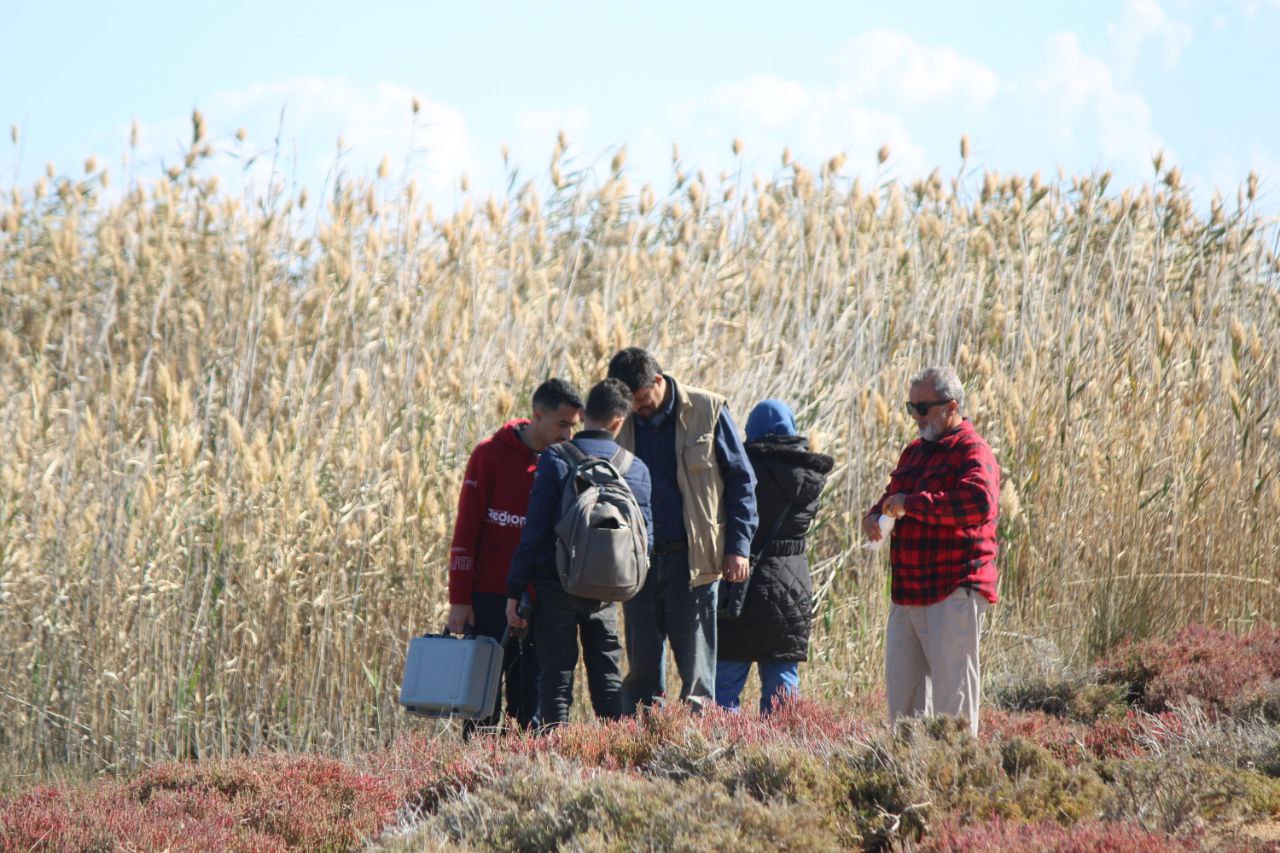
Sustainability Strategy
Looking ahead, the association plans to finalize and enrich the Libyan Wetlands Database with updated and comprehensive data, while launching a nationwide awareness campaign in collaboration with universities and civil society organizations to highlight the ecological importance of wetlands. Efforts will also focus on securing new funding opportunities to support the long-term conservation of key wetland ecosystems across the country.
MUBADARAT remains committed to supporting citizen science approaches and grassroots conservation efforts in Libya and throughout the region, recognizing their vital role in safeguarding our shared natural heritage.
Check out the Libyan Wetlands Database via this link.



